The following stories are case studies collected from across Voice 21 Oracy Schools. We spoke to them about their experience working with us and the impact introducing oracy has had on teaching and learning in their school.
You can filter our stories by school type to read the stories most relevant to you.
How oracy can be particularly beneficial for students with English as an Additional Language (EAL)

In this spotlight we speak to Head of English & Assistant Head Teacher for Teaching & Learning, Krystyna Stokes, about their journey and what they have learnt.
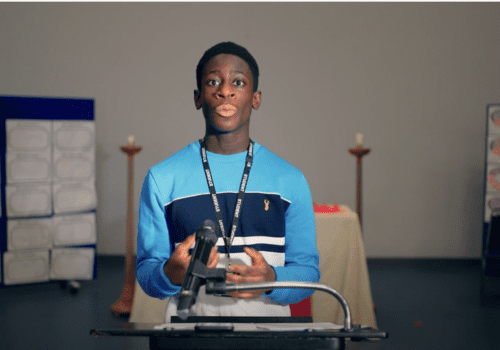
In this Spotlight School we talk to Paul Cooper, The Executive Principal for Secondary Academies at Abbey MAT, Mel Carlin, Abbey MAT Oracy Lead and Hannah Clarke, Oracy Lead at Bishop Young Academy. They explore their oracy journey and reflect on its impact.
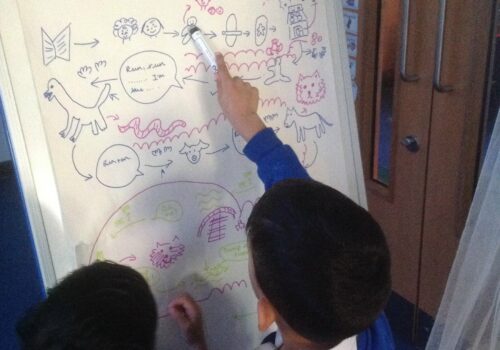
Putting their children at the heart of the curriculum has been a vital driver at Boothroyd Primary School. Central to this has been developing oracy in the classrooms, corridors and across the school. Here we speak with Holly Dyson, Oracy Lead, about their oracy journey.
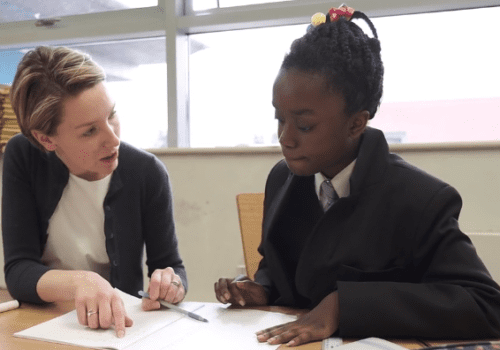
Oracy at Bishop Young Academy
“In the classrooms we’ve noticed that misconceptions are picked up much earlier because of the students improved ability to articulate themselves”
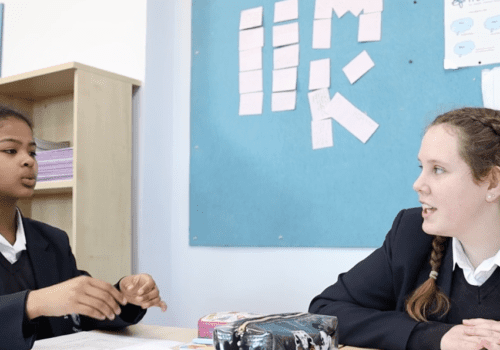
Oracy at St Michael’s School
“Good communication is a skill that you need to learn, it’s not something that always happens naturally.”
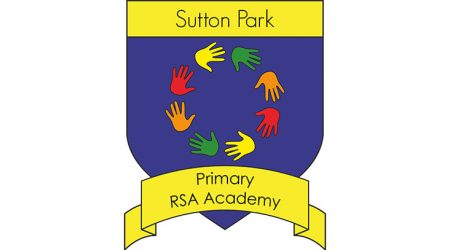
It has made us reconsider the format of all parent consultations, particularly because it emphasises the most important part: enabling students to share the work they are particularly proud of.
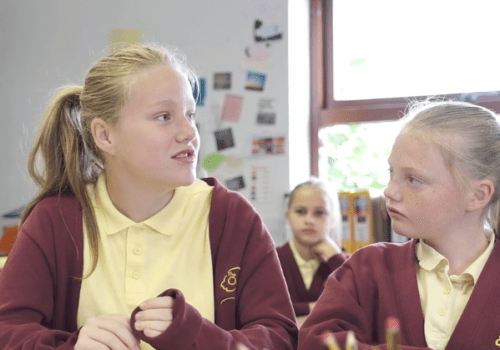
Oracy at the Oaks Primary School
“The fact that students are able to reason in maths now. We were seeing very early on, that children in our baseline group, our small group of children that we assessed at the beginning of the project, suddenly we were seeing improvements in their maths reasoning skills.”
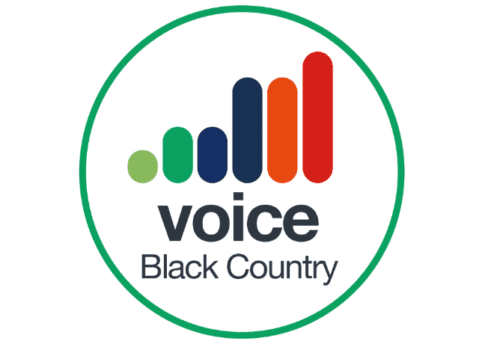
Voice Black Country is a two-year project, working with 27 primary and secondary schools and over 50 teachers across the Black Country, aims to improve students’ oral language skills through an explicit, coherent and consistent focus on oracy. Below, Lance Hanson, Head of Teaching School, Stourbridge Teaching School Alliance, shares his views on the importance of oracy and their experience of embedding it throughout their schools.
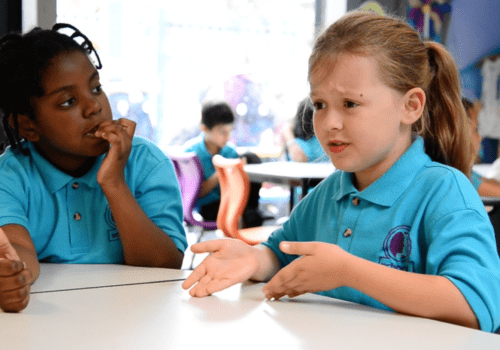
Our Oracy Leader’s Posts share insights from our Participants on our Oracy Leaders Programmes. Below, Angela Crawley. headteacher of Sutton Park Primary in Kidderminster shares her insights on how they’ve begun introducing oracy across their school.
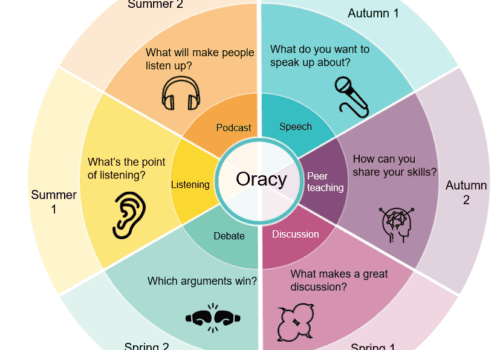
A high-quality oracy curriculum ensures that oracy is part of every student’s education, and is not left to chance or enjoyed only by a self-selecting few. For students in pupil referral units, who are likely to have (often untreated) speech and language needs, an oracy curriculum enables teachers to plan for their students progression in oracy across a range of contexts.
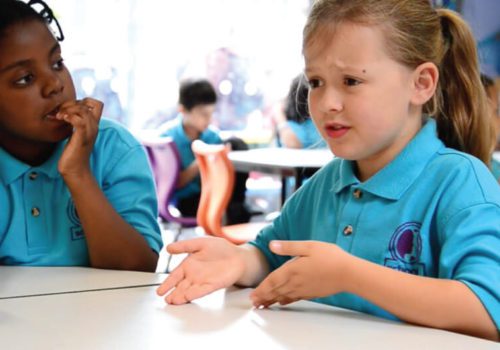
Our Oracy Leaders’ posts share insights from how they’re leading and embedding oracy across their schools.
Below, David O’Connell, Assistant Headteacher, Three Bridges, Southall reflects on their pedagogical shift towards oracy.
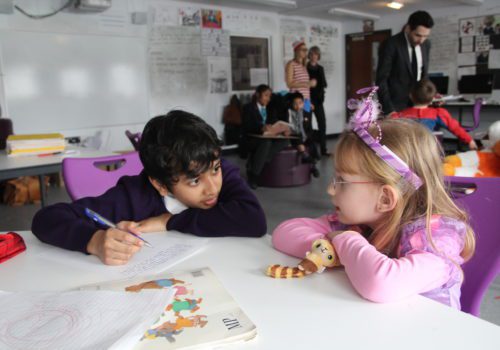
Our Oracy Leaders’ posts share insights from how they’re leading and embedding oracy across their schools.
Below, Nicky Pear reflects on how they succeeded at using oracy as the driver of their curriculum.
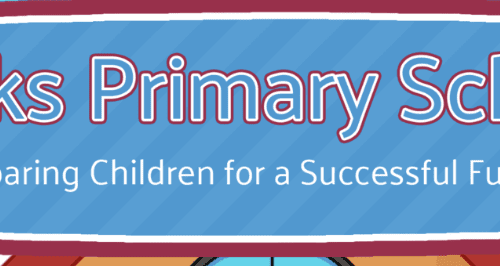
Our Oracy Pioneer’s Posts share insights from our Participants on our Oracy Pioneer’s Programmes.
Below, Laura Bisiker, Oracy Lead at Parks Primary School Leicester shares her insights on how they’ve begun introducing oracy across their school.
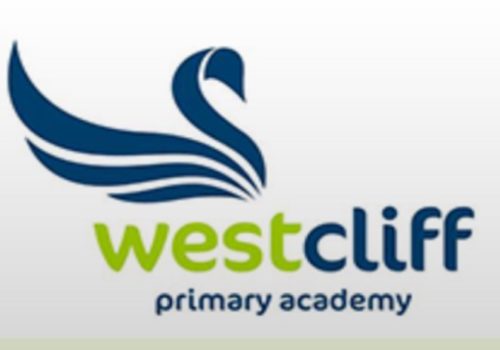
Our Oracy Pioneer’s Posts share insights from our Participants on our Oracy Pioneer’s Programmes.
Below, Lauren Crichard, Teacher at Blackpool Church of England Primary School, and Sophie Warren, Teacher at Westcliff Primary Academy, both schools in the First Federation Trust, share their insights on how they’ve begun introducing oracy in their own classrooms.
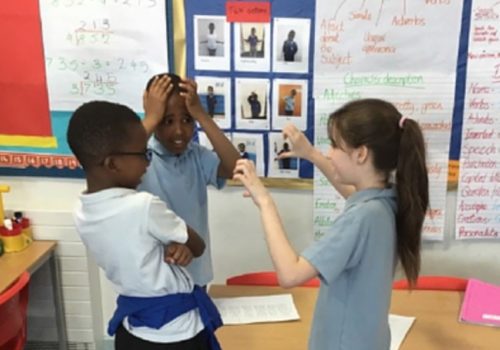
In our Summer Term Partner School Focus, Clare Wellbourne, Assistant Head at Easton CE School, reflects on the why they prioritised oracy this year and their plans for the year to come.
How did you originally hear about Voice 21?
We had a ‘Year of Communication’ in 2016-17 during which we made a ‘Communication Commitment’ with the Communication Trust.
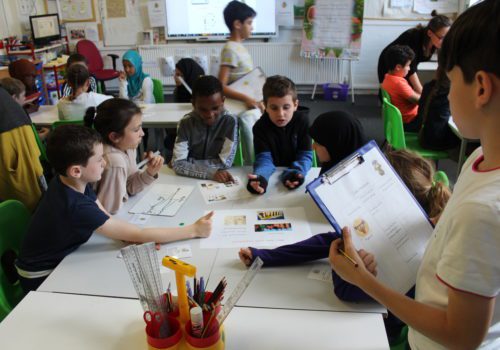
We caught up with Alice Kennedy, Oracy Lead at Torriano Primary School and part of our Oracy Leaders Programme 2017-2018. She shares her reflections on the programme and how she’s excited by being part of an innovative cohort of future leaders.
Why did you decide to apply to the programme?
Torriano has a Language Resource Base for children with Developmental Language Disorder and has developed universal provision based on the specialist approaches developed there. Our research into vocabulary development as part of the universal provision was shared at the Camden Oracy conference and the Voice 21 Speaking Summit 2017.
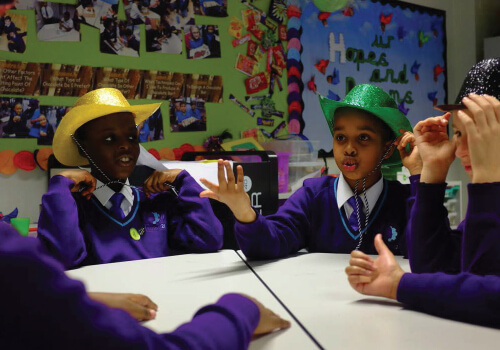
Shazeeb participated in the Voice Leicester Pioneers Programme and began the Voice Leicester Oracy Leaders Programme in the summer term 2019.
What initially motivated you to pioneer oracy teaching and learning in your school?
I went to the Voice Leicester Oracy Project launch event and was immediately drawn to the purpose and values behind the project. I work in a school that is located in a high deprivation area of the city and where 95% of the children are EAL learners. Based on the 2016 Deloitte report “Essential skills for humans in the machine age” I felt it was vital we develop our children’s oracy skills so they are equipped for…
© 2024 Voice 21. Voice 21 is a registered charity in England and Wales. Charity number 1152672 | Company no. 08165798